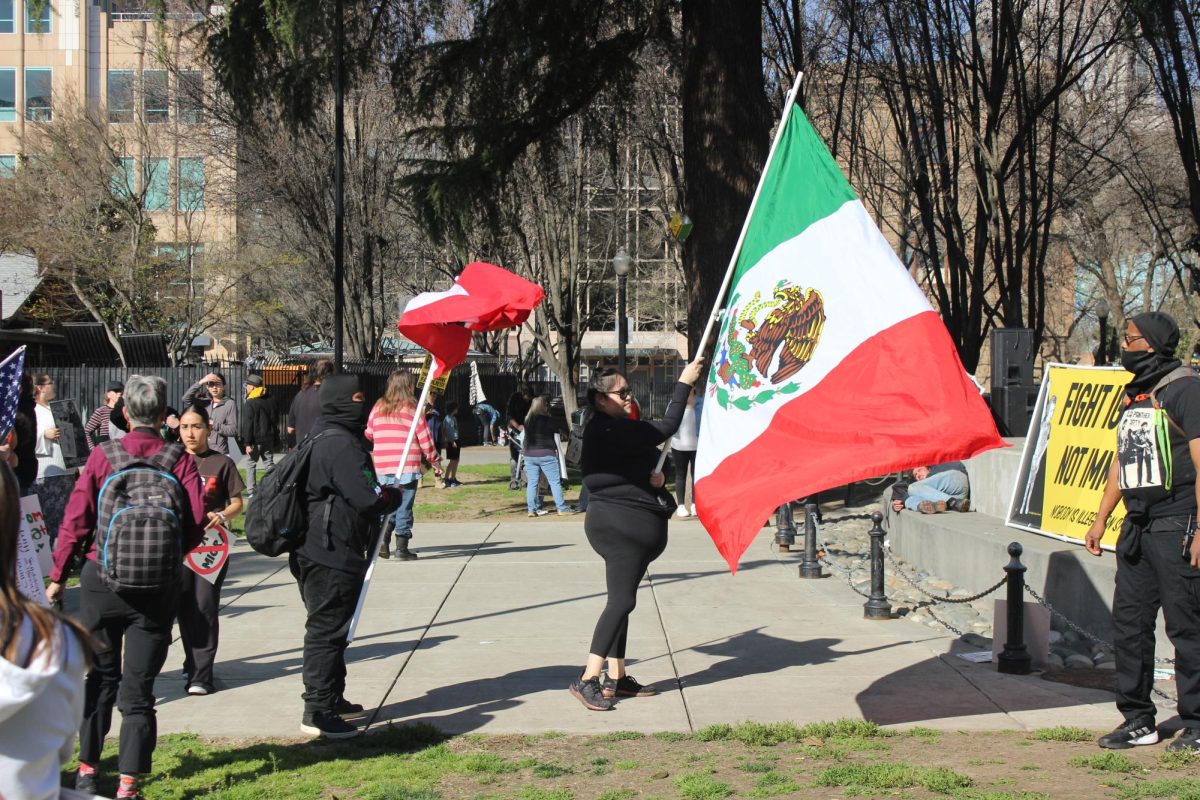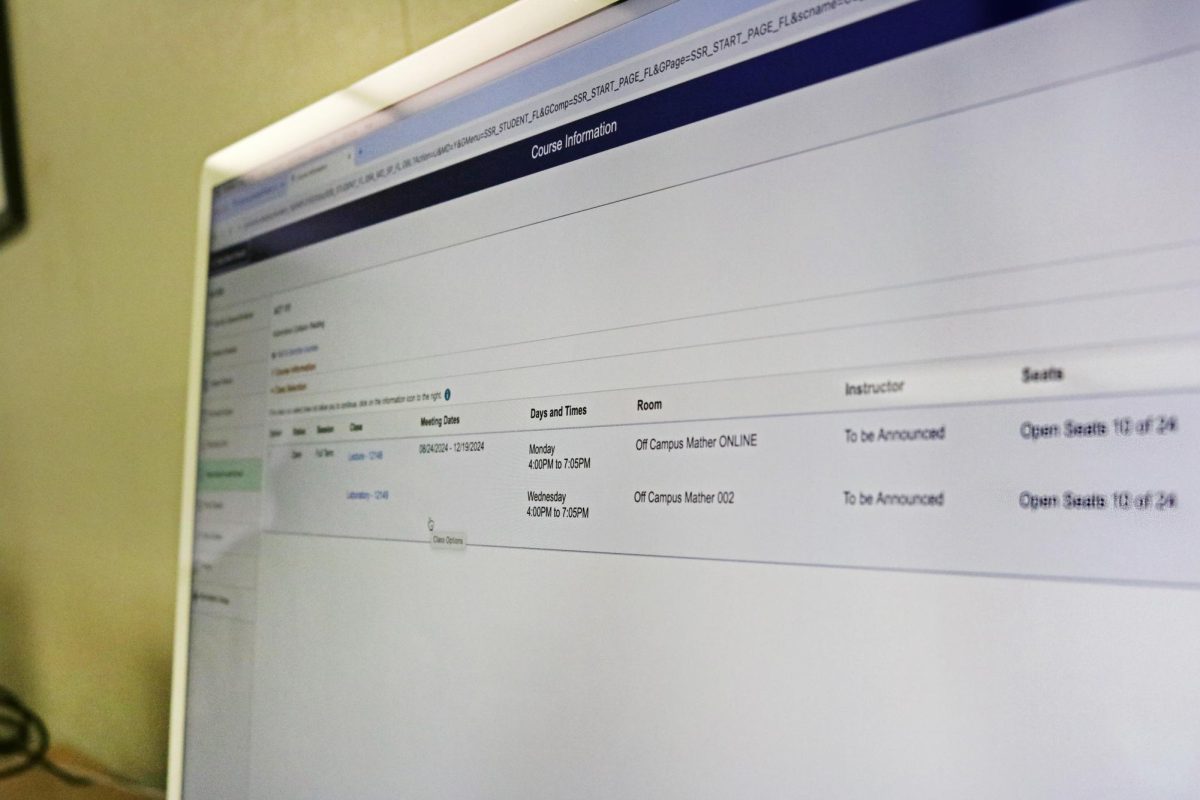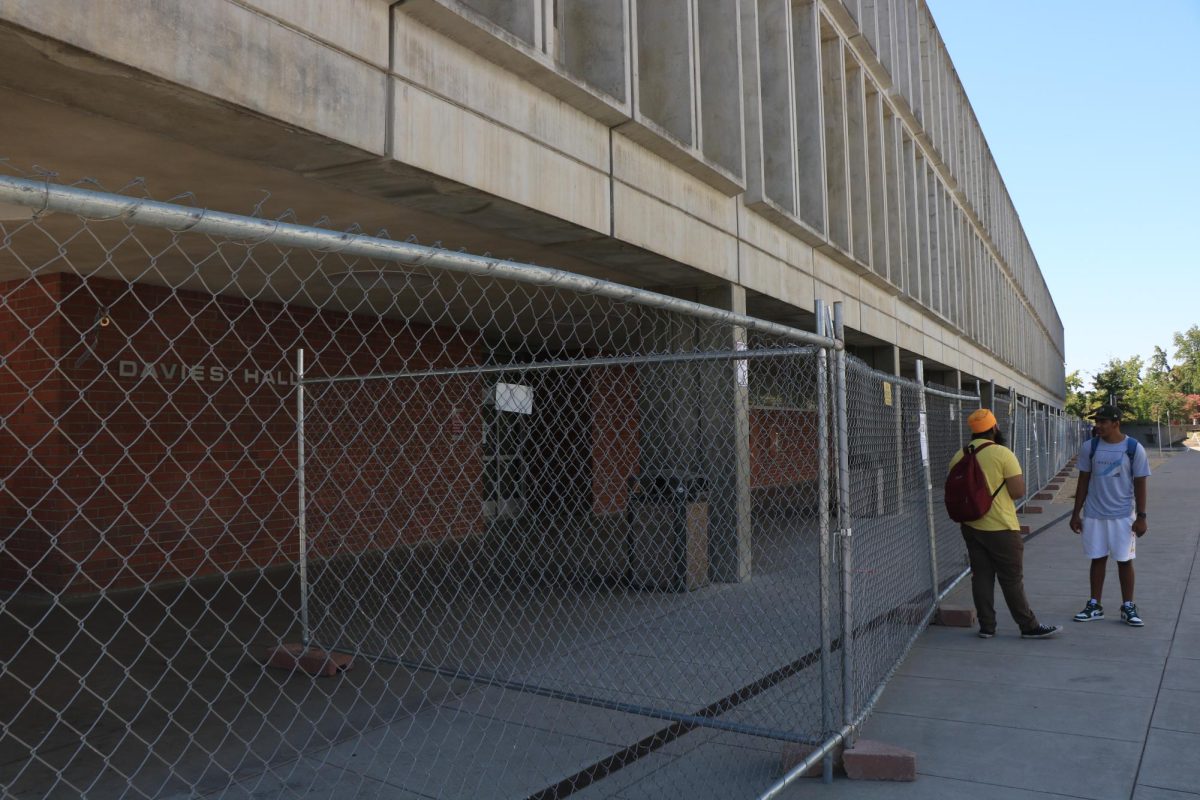Along with 32 million other YouTube users, I watched a 30-minute video on March 7 about a man named Joseph Kony. Kony is the leader of a small group in Uganda that abducts, tortures, mutilates, and terrorizes local villages. Immediately I was horrified. My reaction was not unlike everyone else’s, and by Thursday morning the Internet was abuzz with “KONY 2012.”
The film explains Kony’s crimes and delivers the message that we must do our part to help put an end to it. Invisible Children’s ultimate plan is to “make Kony famous” by selling various forms of propaganda in hopes to make him so known that the U.S. government will be persistent in aiding Uganda in locating and arresting Kony.
The difference between this and other non-American problems that Americans don’t care about is that Invisible Children (the organization that posted the video) knows how to utilize social networks to quickly and efficiently spread their message to millions.
However, not all the talk was supportive. As with any trending topic, there’s an opposing force of know-it-all Internet users. Comments and tweets were sent in response to those who shared the video, most along the lines of: “You’re not a social activist just because you watched a 30-minute video.”
This gets on my nerves. No one suddenly becomes a social activist because they believe in one cause. But then again, I didn’t see anyone claiming to be a social activist in the first place. As far as I saw, people felt for the families in Uganda and believed that something should be done. It got them thinking, and they wanted to get others thinking too. Reposting is not a contract; it’s just a way to share knowledge. And really, what’s wrong with that?
This is not to say that it’s OK for people to blindly start supporting a cause because they think a video sufficiently explains the issue. I wouldn’t doubt that the majority of people who reposted the video bought their “action kit” right away without giving Invisible Children’s credibility a second thought, and that is something to be chastised.
I’m not here to argue that anyone should or shouldn’t support Invisible Children or believe in stopping Kony; there’s a whole mess of factors that you’ll have to decipher yourself. I’m just trying to point out that it’s ridiculous for people to accuse others of unrightfully considering themselves social activists. Correct me if I’m wrong, but doesn’t any activist start by believing in one cause? For all you know, KONY 2012 may be that one cause for these people, so think twice before ignorantly attacking their “ignorance.”
houchim@imail.losrios.edu







